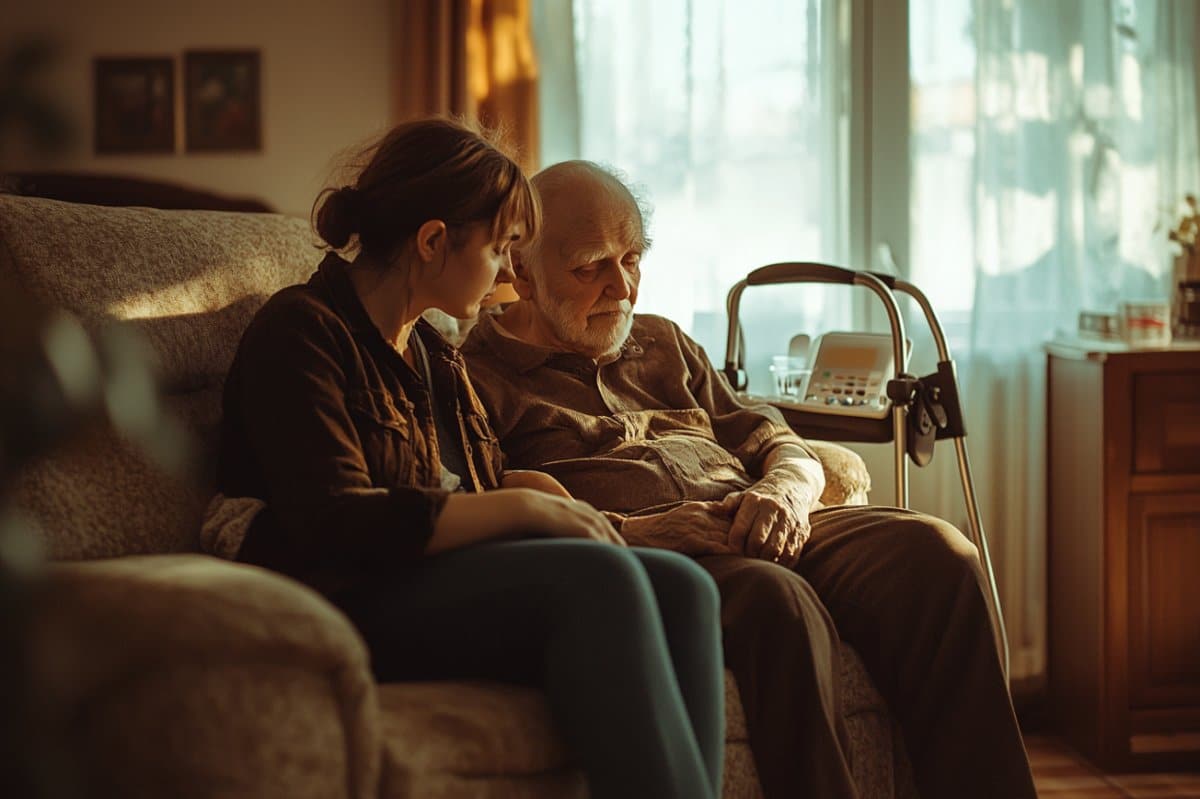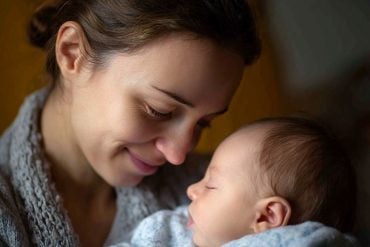Summary: As single-child families rise in the U.S., more adults are navigating the intense responsibility of caregiving without the support of siblings. A new study reveals that only children experience greater emotional and financial stress when caring for aging parents, and support from friends or extended family doesn’t offer the same relief it does for those with siblings.
The lack of shared family history and emotional backup can make caregiving more isolating for only children. Researchers emphasize the importance of early, honest conversations between parents and their adult children to set expectations and ease the emotional burden.
Key Facts:
- Increased Burden: Only children face more emotional and financial strain when caregiving.
- Support Gap: Help from friends doesn’t provide the same relief as sibling support.
- Growing Trend: The number of single-child families in the U.S. has doubled in recent decades.
Source: University of Missouri-Columbia
Caring for an aging parent is one of life’s most meaningful — and challenging — experiences. For adults who grew up as only children, that task often comes without support.
No siblings to share the stress, split costs or take turns during long nights — just one person carrying the entire load.
And it’s a growing issue. Single-child families are becoming more common in the United States, increasing from about 10% to 20% in recent decades. This means more aging parents will be relying on just one adult child for care.

Now, research from the University of Missouri confirms what many adult only children have long felt: Caregiving is hard — and it’s even harder when you’re doing it alone.
In the study, Hana Skoblow and Megan Gilligan from Mizzou’s College of Education and Human Development analyzed national data from 1,773 adults caring for aging parents. Of those, 12% were only children.
The researchers found that caregiving stress looks different depending on whether someone has siblings, and adult only children were more likely to face emotional and financial strain.
Their study also showed that while support from friends or extended family often improves mental health for caregivers with siblings, it doesn’t have the same effect for only children.
“Families with multiple kids can lean on each other for help,” Skoblow, a postdoctoral fellow and lead author, said.
“But only children don’t necessarily have that built-in support system. Even when they receive help from friends or extended family, it doesn’t seem to provide the same relief.”
While the exact reason isn’t clear, Skoblow and Gilligan offer a few possible explanations.
One is that only children often have especially close bonds with their parents and may rely on them for emotional support. When a parent begins to need care, that emotional safety net can vanish.
Another possibility is that only children may struggle to share their challenges, especially when the person they normally confided in is now the one they’re caring for.
“The lack of siblings means there’s no one else who shares the family history or truly understands the emotional dynamics,” Skoblow said.
“That can make the experience feel even more isolating.”
While Skoblow acknowledges sibling tension is not unusual when caring for a parent, particularly when one sibling feels like they’re doing more than their fair share, the current study was limited to comparing only children to those with siblings.
Start the conversation early
Both Skoblow and Gilligan stress the importance of starting conversations about caregiving sooner than later.
“Adult children and their parents may each have ideas about what caregiving should look like,” Gilligan, an associate professor in human development and family science, said.
“If they don’t talk about it ahead of time, those expectations might not line up, and that can make a hard situation even harder.”
Being open about what everyone wants, and what they can realistically offer, can make the experience smoother and strengthen the relationship in the process, the researchers said.
The parents’ perspective
Next, the researchers want to flip the script by asking parents how they feel about being cared for by their only child. It’s part of Skoblow and Gilligan’s future research to understand more about how different family structures, care distributions and emotional responses are related to the experiences of both adult children and their parents — regardless of family structure.
“Do they feel guilty? Do they try not to ask for help? Are they worried about being a burden?” Gilligan said. “We want to better understand both sides of the relationship.”
About this psychology research news
Author: Eric Stann
Source: University of Missouri-Columbia
Contact: Eric Stann – University of Missouri-Columbia
Image: The image is credited to Neuroscience News
Original Research: Closed access.
“Stressors and Resources Among Adult Child Caregivers in the Presence or Absence of Siblings” by Hana Skoblow et al. The Gerontologist
Abstract
Stressors and Resources Among Adult Child Caregivers in the Presence or Absence of Siblings
Background and Objectives
Recent attention has focused on understanding later-life caregiving networks, emphasizing how multiple adult children within the same family navigate parental care.
However, families with one child are increasingly common, and we know little about how adult only children experience caregiving and whether their experiences differ from those with siblings.
Therefore, this study assessed differences in caregiving experiences between adult child caregivers with and without siblings and whether associations between caregiving experiences and mental health (i.e., psychological well-being and distress) vary by sibling presence.
Research Design and Methods
We used cross-sectional data from 1,773 adult child caregivers (12% without siblings; Mage = 56.75 [9.23]) in the National Health and Aging Trends Study and National Study of Caregiving. We conducted t tests and a series of multivariate regressions with interactions to test hypotheses.
Results
Adult only child caregivers reported more financial difficulty with care than respondents with siblings. The negative association between emotional difficulty of care and psychological well-being was stronger among adult children without siblings. Informal support was positively associated with psychological well-being only for adult children with siblings, although this may be accounted for by race and ethnicity.
Discussion and Implications
Findings suggest that adult only children may be at elevated risks of the financial difficulties and the emotional consequences of parental care provision. Further, informal support may be less protective for adult only children’s well-being.
Given the increasing prevalence of single-child families, more research is needed to better understand and support adult only children caring for parents.






